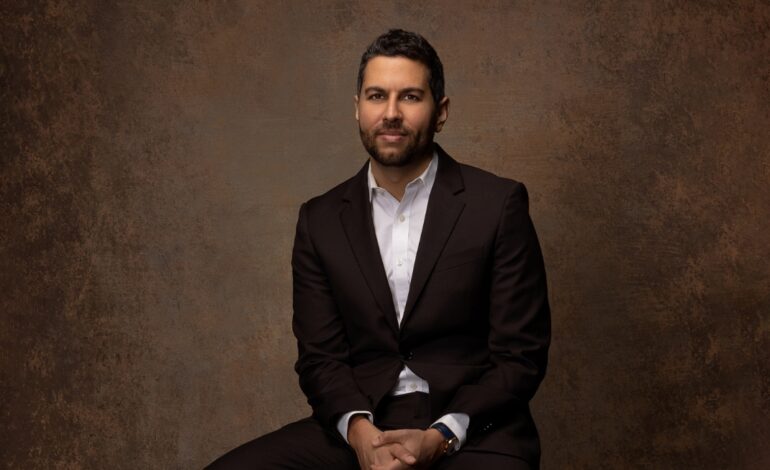WASHINGTON, D.C. – Egyptian American lawyer Amir Ali recently made U.S. history by becoming the first Arab American Muslim appointed to the federal bench. This milestone comes as part of a broader push by Senate Democrats to finalize judicial appointments before losing control of the chamber in January.
On November 20, the U.S. Senate approved President Biden’s nomination of Ali in a narrow vote of 50 to 49. With this confirmation, Ali joins the bench of the U.S. District Court for the District of Columbia, one of the most influential courts in the American judicial system.
In addition to being the first Arab American Muslim judge on the federal bench, Ali is now the fourth Muslim federal judge in the United States. He joins Zahid Quraishi in New Jersey, Nusrat Choudhury in New York and Mustafa Taher Kasubhai in Oregon.
Amir Ali’s background
Born to Egyptian immigrant parents in Canada, Amir Ali has emerged as a prominent civil rights attorney in the United States. He began his legal career at the Jenner & Block Law Firm based in Chicago, where he argued three cases before the U.S. Supreme Court.
In 2017, Ali joined the MacArthur Justice Center, a renowned organization advocating for civil rights and criminal justice reform. By 2021, he had become the center’s president and executive director, leading several high-profile legal efforts. These included representing the mother of Ahmaud Arbery, Wanda Cooper-Jones, in a civil lawsuit following her son’s 2020 murder by three White men in Georgia.
Ali has also been a vocal critic of controversial immigration policies enacted during President-elect Trump’s first term. He notably opposed the travel ban targeting people from predominantly Muslim countries. In 2018, Ali authored a legal memorandum submitted to the U.S. Supreme Court opposing the ban. Justice Sonia Sotomayor referenced Ali’s arguments in her dissent, although the court ultimately upheld the ban in a 5-4 decision.
A push for diversity on the federal bench
Ali’s appointment aligns with broader initiatives by Arab and Muslim communities nationwide to diversify the federal judiciary. Since taking office, Biden has appointed judges from underrepresented backgrounds, including three Muslim federal judges — most recently Mustafa Kasubhai, whose confirmation came just one day before the Senate confirmed Ali.
With Republicans poised to retake control of the Senate in January, Democrats have been working quickly to confirm as many judicial nominees as possible. To date, President Biden has successfully appointed 220 judges and the Democratic Party is striving to increase this number before power transitions to the incoming Republican majority.
Widespread support for Ali’s appointment
Civil rights organizations have celebrated Ali’s confirmation as a historic step toward greater inclusivity within the judiciary. Advocacy groups highlighted his appointment as a reflection of America’s commitment to expanding representation of minority and ethnic communities in high governmental positions.
Arab and Muslim American organizations, including the Arab American Civil Rights League (ACRL) and the American-Arab Anti-Discrimination Committee (ADC), described Ali’s appointment as an accomplishment for Muslim and Arab communities in the United States. These groups emphasized that Ali represents a new generation of leaders dedicated to advancing justice and equality for all citizens, regardless of racial or religious background.
These organizations also expressed pride in Ali’s accomplishments, noting his Harvard Law School education and distinguished legal career. They view his role as a federal judge in Washington, D.C. as a powerful symbol of the contributions that Arab and Muslim communities make to American society.
Broader context of Muslim representation in the judiciary
Ali’s appointment is part of a broader trend of increasing diversity in the federal judiciary. In June 2023, Nusrat Choudhury became the first Muslim woman confirmed to the federal bench. Earlier, in 2016, President Obama nominated Abid Riaz Qureshi, a Muslim of Pakistani origin, for a federal judgeship — though his nomination did not move forward due to political opposition.
These appointments underscore progress in diversifying the federal bench, ensuring that it reflects the rich cultural and religious diversity of the United States. Advocates argue that greater representation fosters trust in the judiciary and reinforces the nation’s commitment to fairness and justice for all.






Leave a Reply